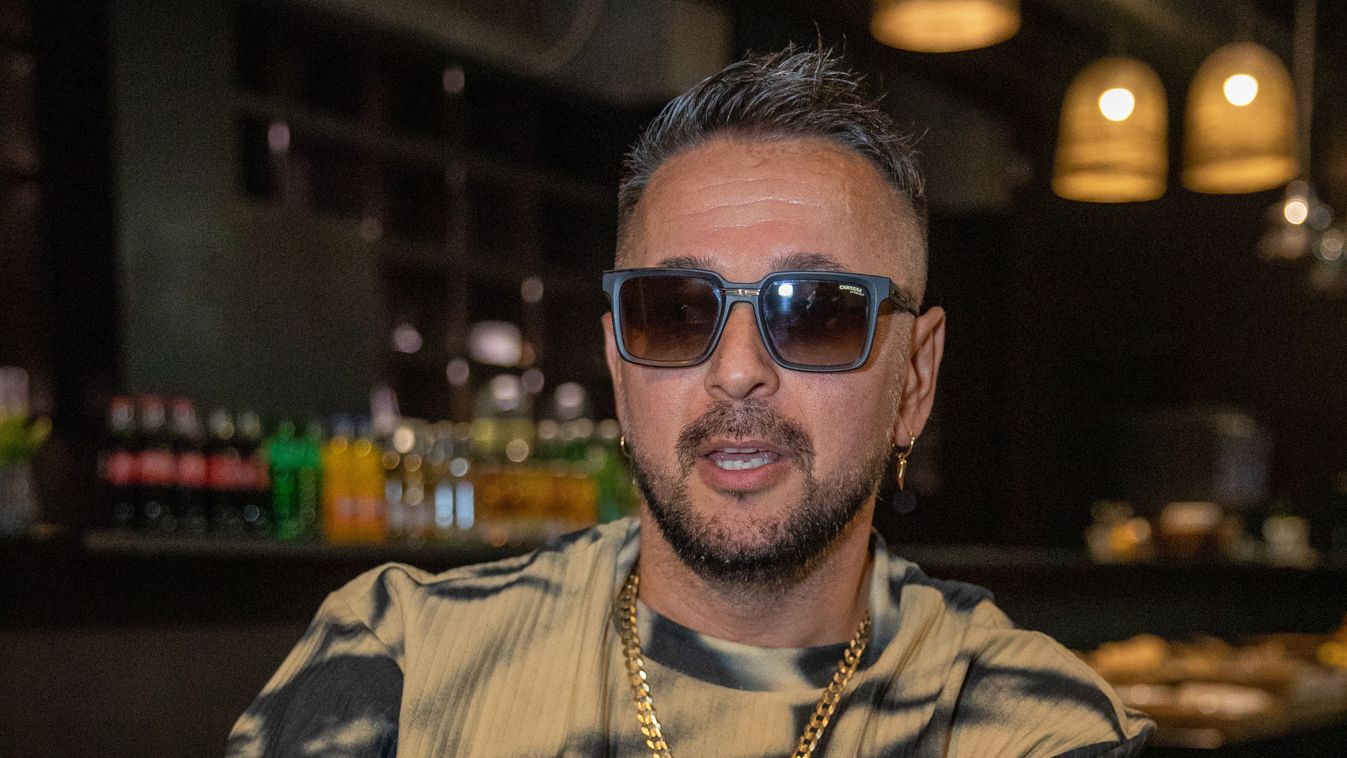The move to lower the voting age from 18 to 16 comes a year before a key mid-term election in Argentina, and some critics have said it’s an attempt by President Cristina Fernandez de Kirchner and her party to garner more votes.
Read more: Argentinian president’s cancer surgery called a success
But supporters of the measure say it will give young people more opportunities to participate in politics.
“I think it’s important that the law reflects reality,” said Rep. Hector Recalde of the Victory Front party. “Reality indicates that the participation of young people is increasing in our country. It’s good that it’s this way.”
Rep. Eduardo Amadeo of the Peronist Front party offered a more cynical take on the nation’s youth.
“If you ask me what is the worst social problem in Argentina, it is the youth. Education is worse. The consumption of drugs is worse. Employment is worse. Things like teen pregnancy, they are much worse than they were at the beginning of this government, and now the government has discovered them and they say, we are going to vote,” he said.
Nahuel Armando, a student in Buenos Aires, said lowering the voting age would be a positive move.
“I think that any person who thinks he’s capable and who has criteria to vote should do it. I think there are a lot of people in the last few years who have gotten interested,” he said.
But Santiago Tricario, another student, said he was worried political campaigns would interfere with education.
“We are worrying about studies, and once we leave here, we can worry about other things. Read about politics or something else, work,” he said. “That’s why I think personally that it would be better if it were left to people who are over 18 to vote.”
With the measure’s passage, nearly 1.5 million Argentinians between 16 and 18 years old will be added to voting rolls.
The new rules will apply in next year’s mid-term elections, when half of the seats in the nation’s house, or Chamber of Deputies, and a third of the seats in the Senate will be at stake. (CNN)


















